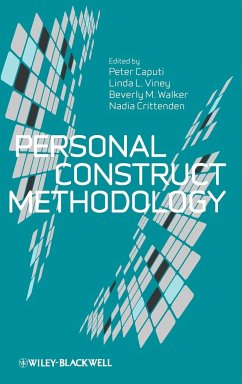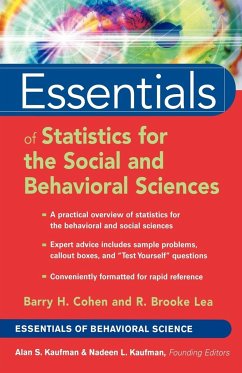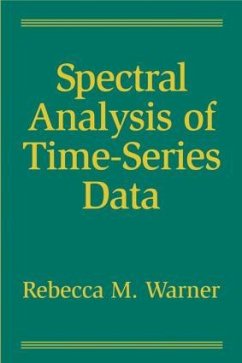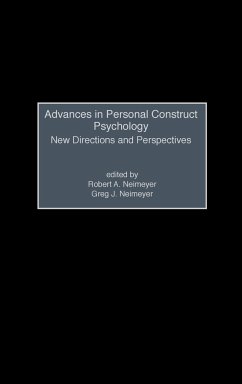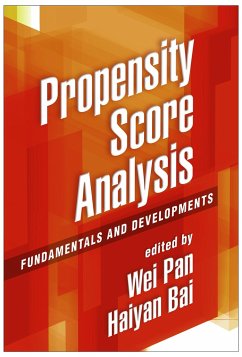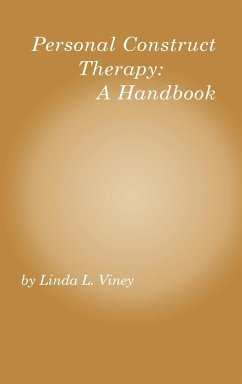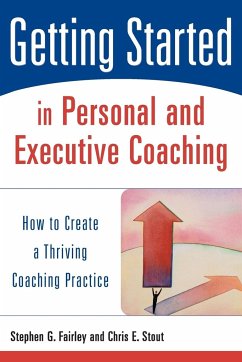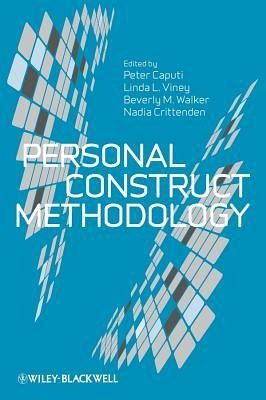
Personal Construct Methodology
Versandkostenfrei!
Versandfertig in über 4 Wochen
52,99 €
inkl. MwSt.
Weitere Ausgaben:

PAYBACK Punkte
26 °P sammeln!
This collection presents a comprehensive overview of established and emerging techniques for collecting and analyzing data within the framework of personal construct theory. Written by the leading international experts in the field, Personal Construct Methodology looks at both qualitative and quantitative methods, as well as methods used in clinical and counselling settings. Divided into four sections, the chapters present a history of this innovative approach and describe a range of methods, including content analysis scales, repertory grid methodology, narrative assessments and drawings, and...
This collection presents a comprehensive overview of established and emerging techniques for collecting and analyzing data within the framework of personal construct theory. Written by the leading international experts in the field, Personal Construct Methodology looks at both qualitative and quantitative methods, as well as methods used in clinical and counselling settings. Divided into four sections, the chapters present a history of this innovative approach and describe a range of methods, including content analysis scales, repertory grid methodology, narrative assessments and drawings, and the laddering and ABC techniques. Clear and authoritative, this book provides easy to follow descriptions and examples of applications in clinical and non-clinical settings and explains how and why certain methods are used and in which contexts they are likely to have the most success.




